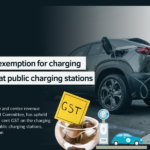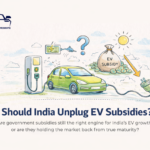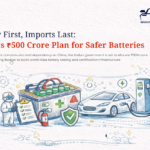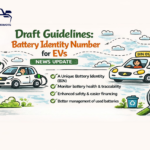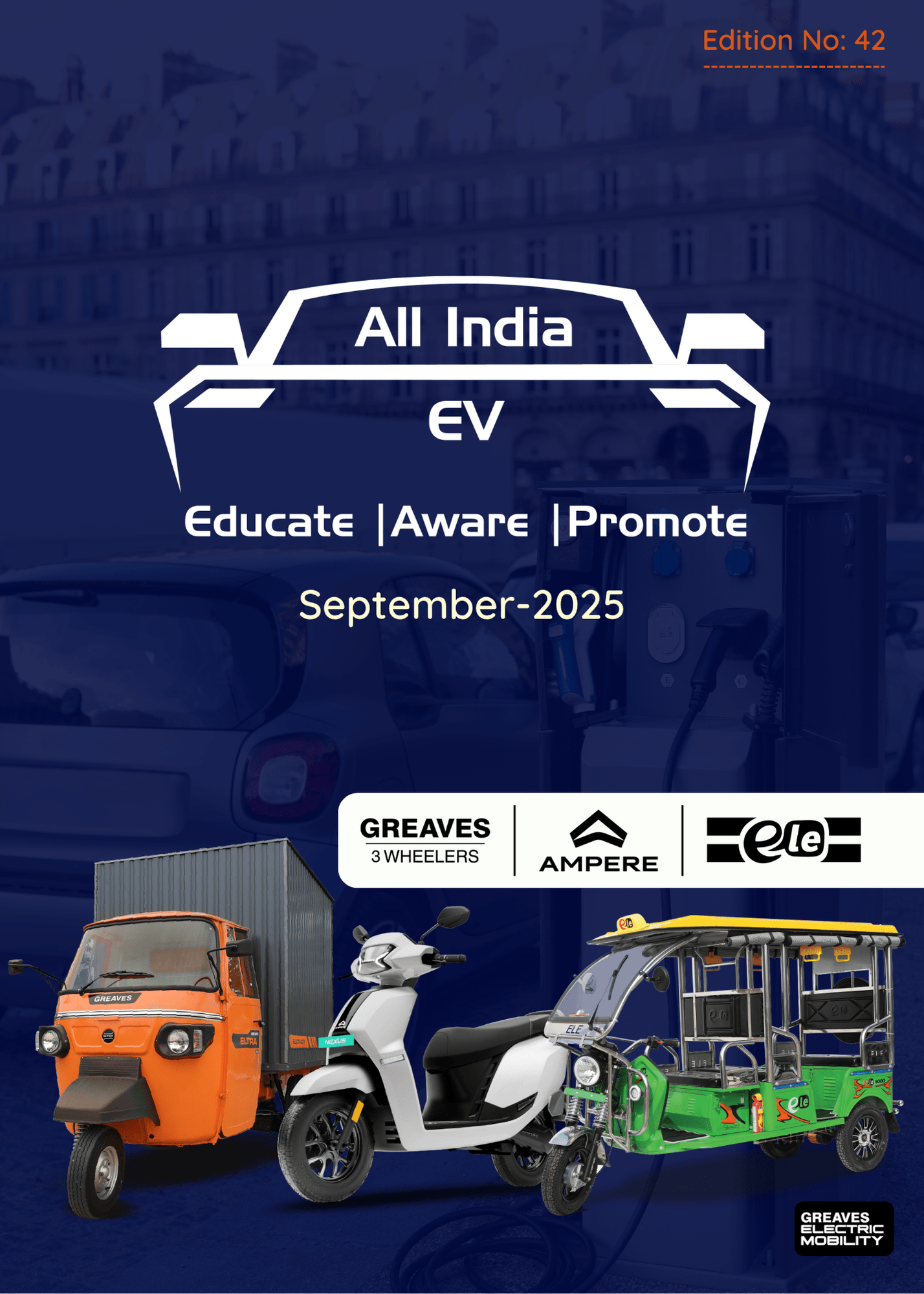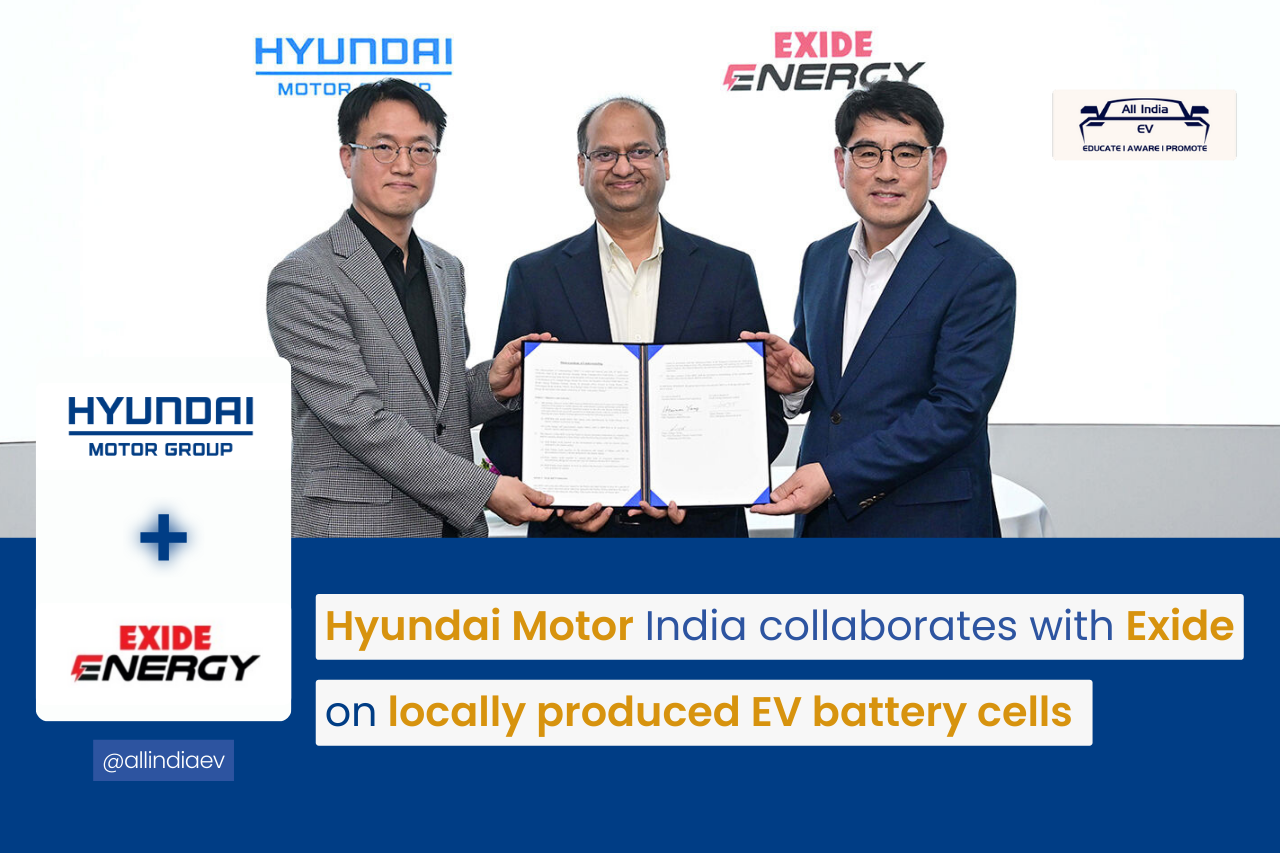
Hyundai to Lead Indian EV Revolution with Local Battery Production
New Delhi – Hyundai Motor India Ltd. is poised to become a pioneer in India’s burgeoning electric vehicle (EV) market, aiming to be the first domestic automaker to utilize locally manufactured battery cells. This significant step forward follows the signing of a binding term sheet with Exide Energy Solutions Ltd., a subsidiary of Exide Industries Ltd.
The agreement outlines a strategic partnership for the production and supply of lithium-iron-phosphate (LFP) battery cells specifically designed for Hyundai’s electric vehicles within the Indian market. This move carries immense strategic importance for Hyundai, enabling the company to localize its battery sourcing. This localization will not only enhance the cost competitiveness of its EVs but also play a crucial role in supporting India’s ambitious carbon-neutrality goals.
“India’s significance as a key market for vehicle electrification underscores the critical need for localized production,” emphasized Heui Won Yang, head of Hyundai and Kia’s R&D division. “Through this global partnership with Exide Energy Solutions Ltd., we will gain a significant competitive edge by equipping Hyundai Motor and Kia’s future EV models in the Indian market with locally produced batteries.”
The LFP cells, renowned for their exceptional durability, are expected to surpass the typical lifespan of conventional lithium-ion batteries by a significant margin. With an estimated lifespan exceeding 10,000 charging cycles, compared to the 1,000-2,300 cycles offered by standard lithium-ion batteries, these advanced cells promise to deliver longer service life and enhanced value for EV owners.
This strategic partnership aligns perfectly with Hyundai’s broader vision of investing heavily in India’s burgeoning EV infrastructure while simultaneously optimizing its production processes through localization. By leveraging local resources and expertise, Hyundai aims to solidify its position as a leading player in the Indian EV market and contribute significantly to the nation’s sustainable mobility goals.
Market Impact:
News of the partnership had a mixed impact on the stock market. Shares of Hyundai India closed marginally lower at 0.15%, while Exide Industries experienced a slight decline of 1.07%, against the backdrop of a 1.2% dip in the benchmark Sensex.
Looking Ahead:
This landmark agreement signifies a crucial step forward in India’s journey towards a sustainable and electrified future. By pioneering local battery production, Hyundai is not only strengthening its own market position but also paving the way for other automakers to follow suit. This collaborative effort between Hyundai and Exide promises to accelerate the growth of the Indian EV market, bringing cleaner, more efficient, and more affordable electric vehicles closer to reality for Indian consumers.



